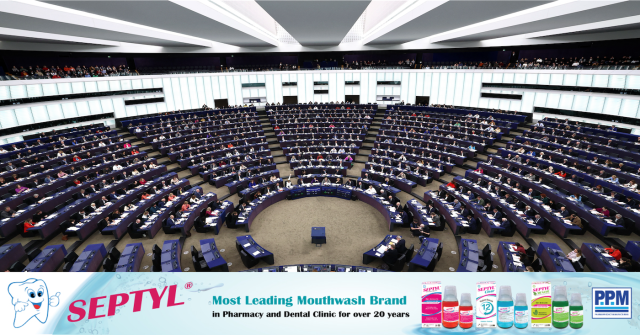Freedom of the Press: the European Union Adopts an Unprecedented and Inspiring Law

- By Cambodianess
- March 17, 2024 9:30 AM
After repeated appeals for order issued to journalists who would have shown a lack of professionalism and ethics, one could come to believe that freedom of the press and the right to information are threatened by the journalists themselves.
But the true obstacle to the constitutional right to the pluralism of information is the direct or indirect control put on publications by private or public interests. The European Parliament did not make a mistake one week ago by passing the Media Freedom Act, which is the first law of this kind, meant to protect journalists, combat political interference in editorial decisions and reinforce transparency regarding news organization ownership.
In a report of the news agency Agence France-Presse on March 13, Vera Jourova, vice president of the European Commission for Values and Transparency and an attorney, was quoted as hailing this "historic vote" and adding that "independent media are essential to democracies" and "it's the duty of democracies to protect them."
The law sets obligations for Member States of the European Parliament (MEPs) to better ensure editorial and actual independence of the public media, especially through funding that is “sustainable and predictable.” The text of the law also includes safeguards and mechanisms to protect media content and prevent online platforms from possible interference and abuse regarding the moderation of online media content.
Moreover, the law comprises obligations regarding transparency on media ownership. The NGO Reporters Without Borders (RSF) described this as "a major step forward for the right to information within the European Union.”
“From editorial independence to the regulation of media concentration, from state advertising to better protection for online content produced by news media, RSF’s proposals were heard and taken into account,” said Julie Majerczak, head of RSF’s Brussels office in Belgium.
Restrictions on media freedom, which this law is meant to address, exist well beyond the European Union borders.
All those, here or elsewhere, who pretend to contribute to the strengthening of the right to information by giving people in the field lessons in ethics would do well to first fight against those constraints instead of denigrating the work of the journalists when they don’t limit themselves to reporting information coming from above.















